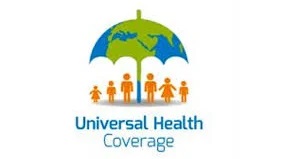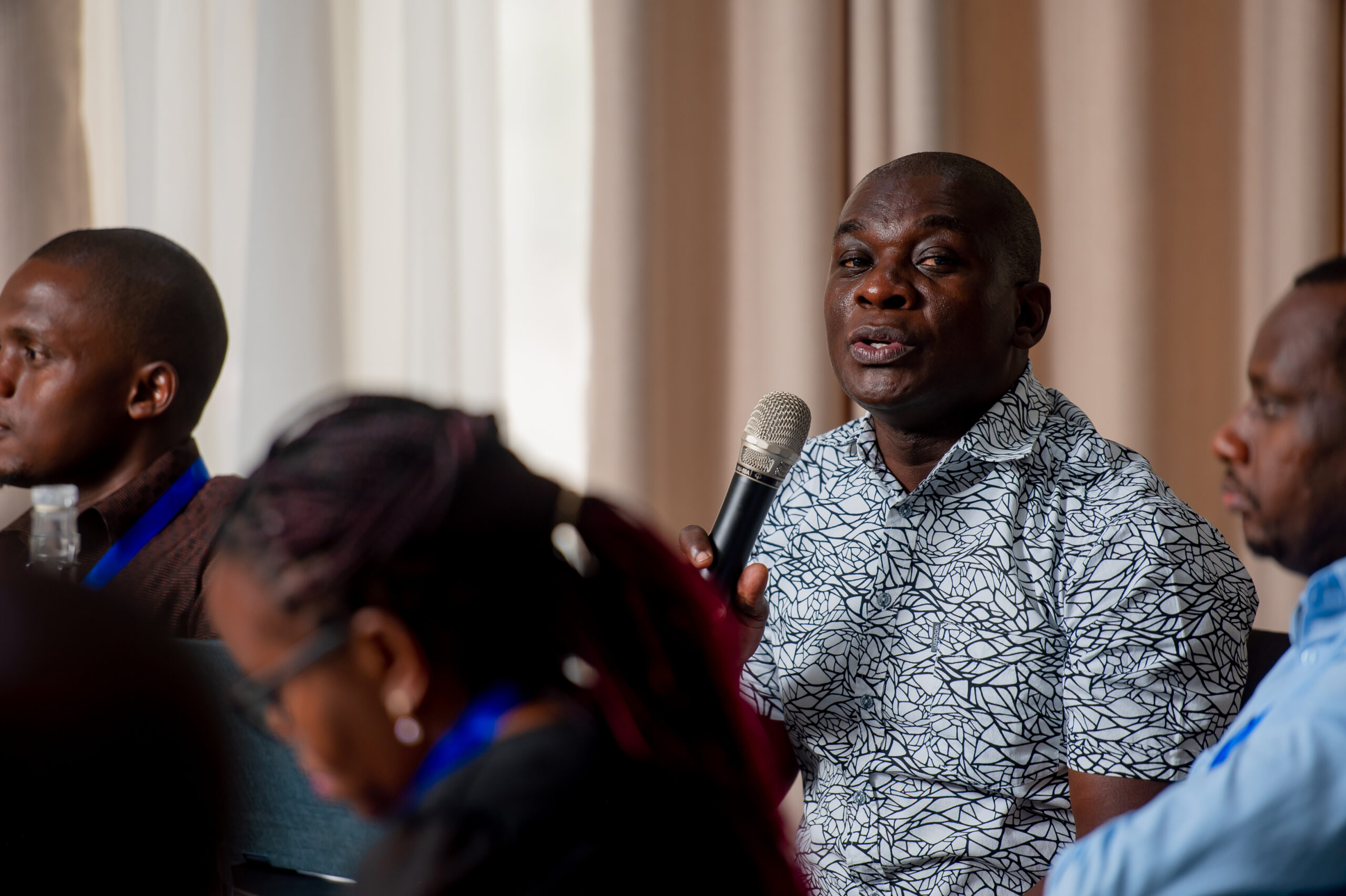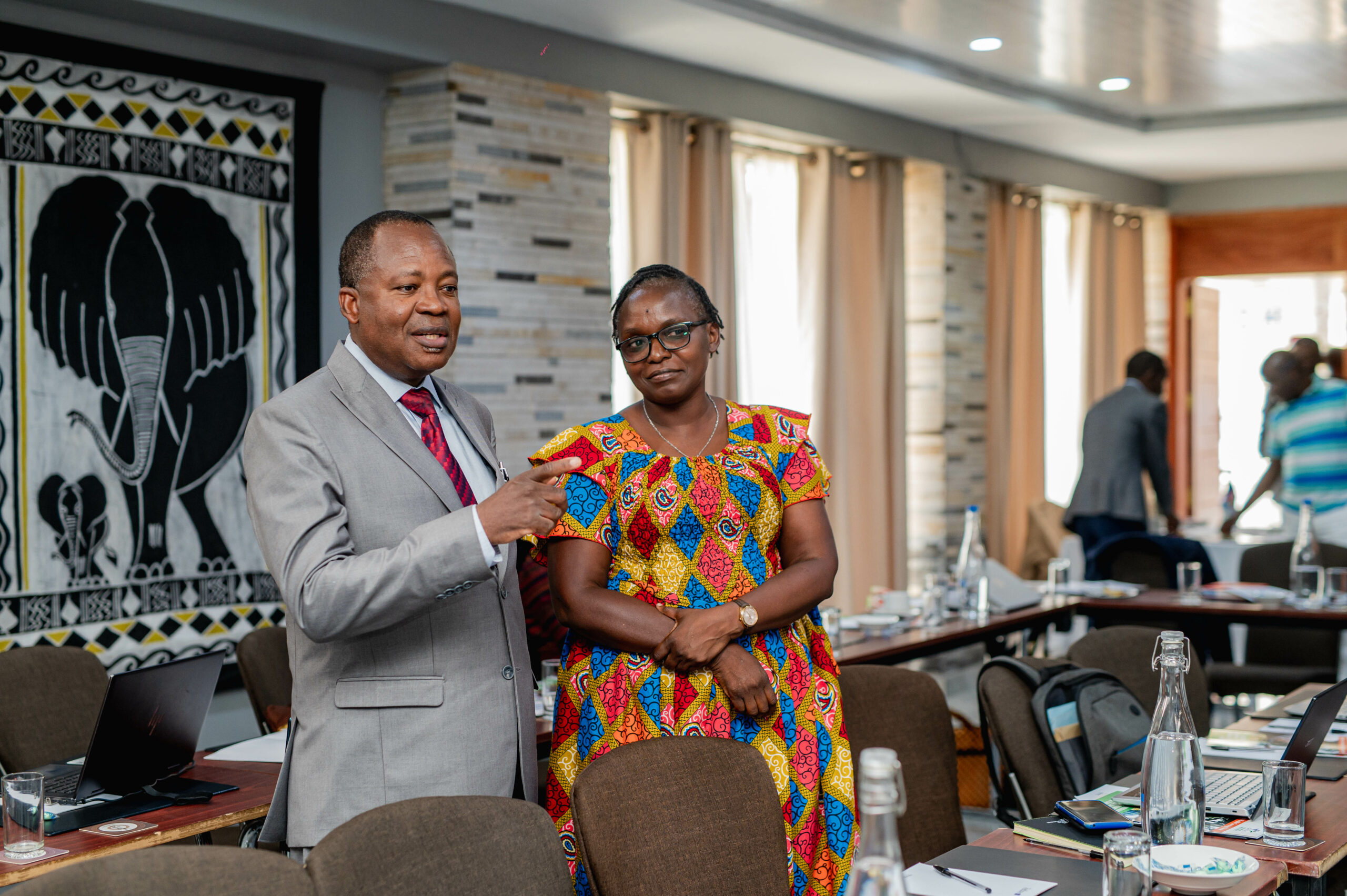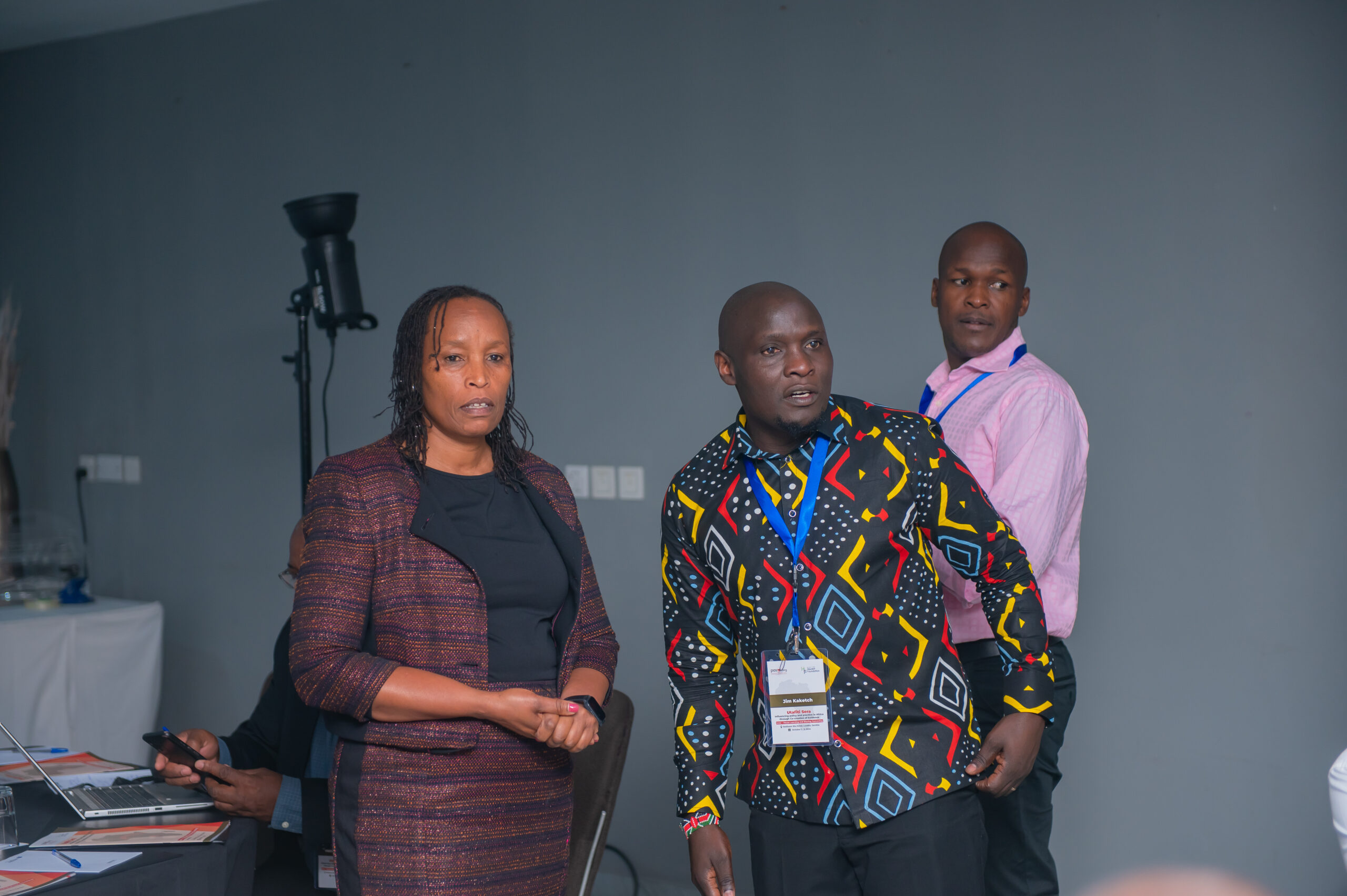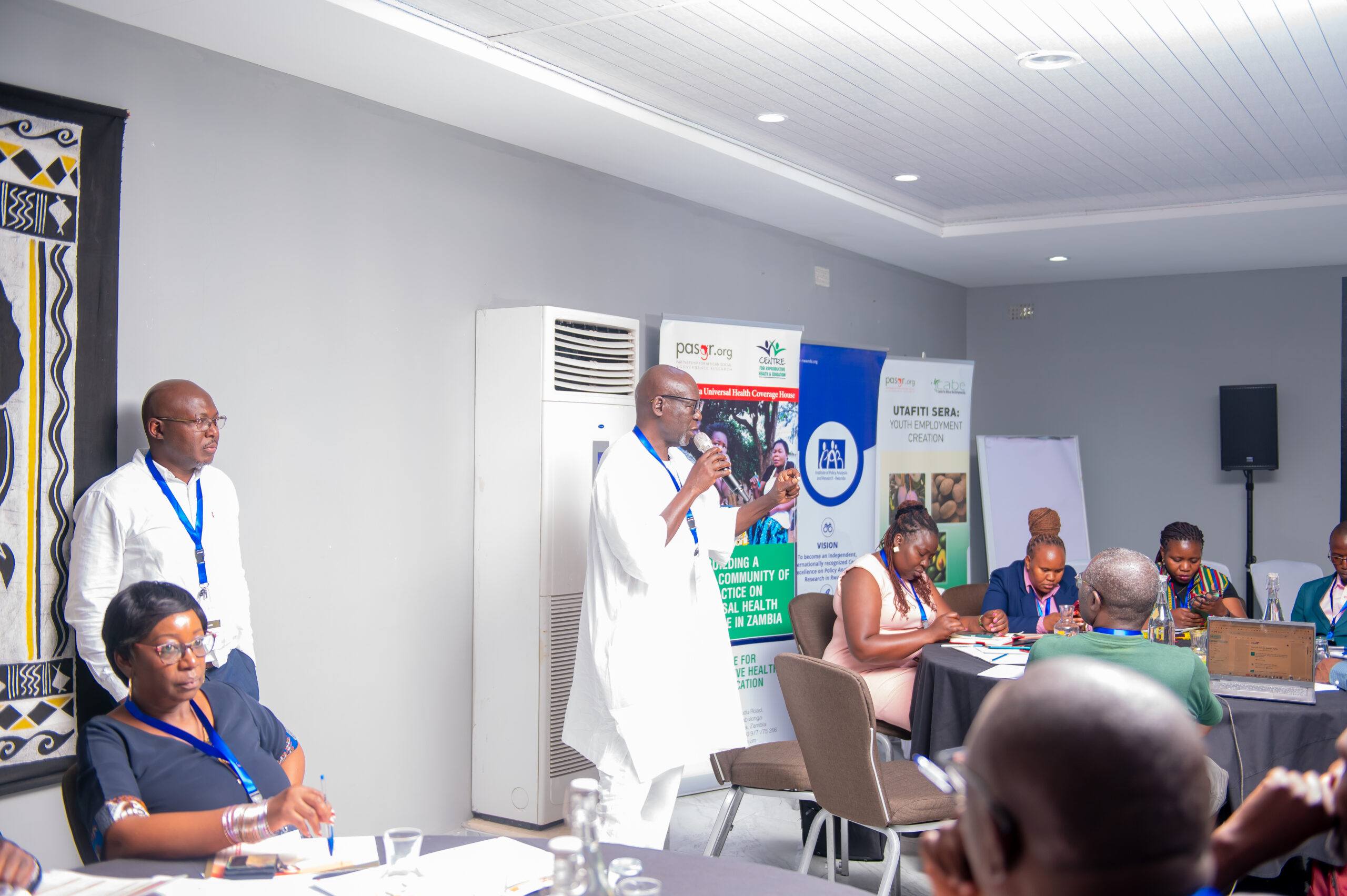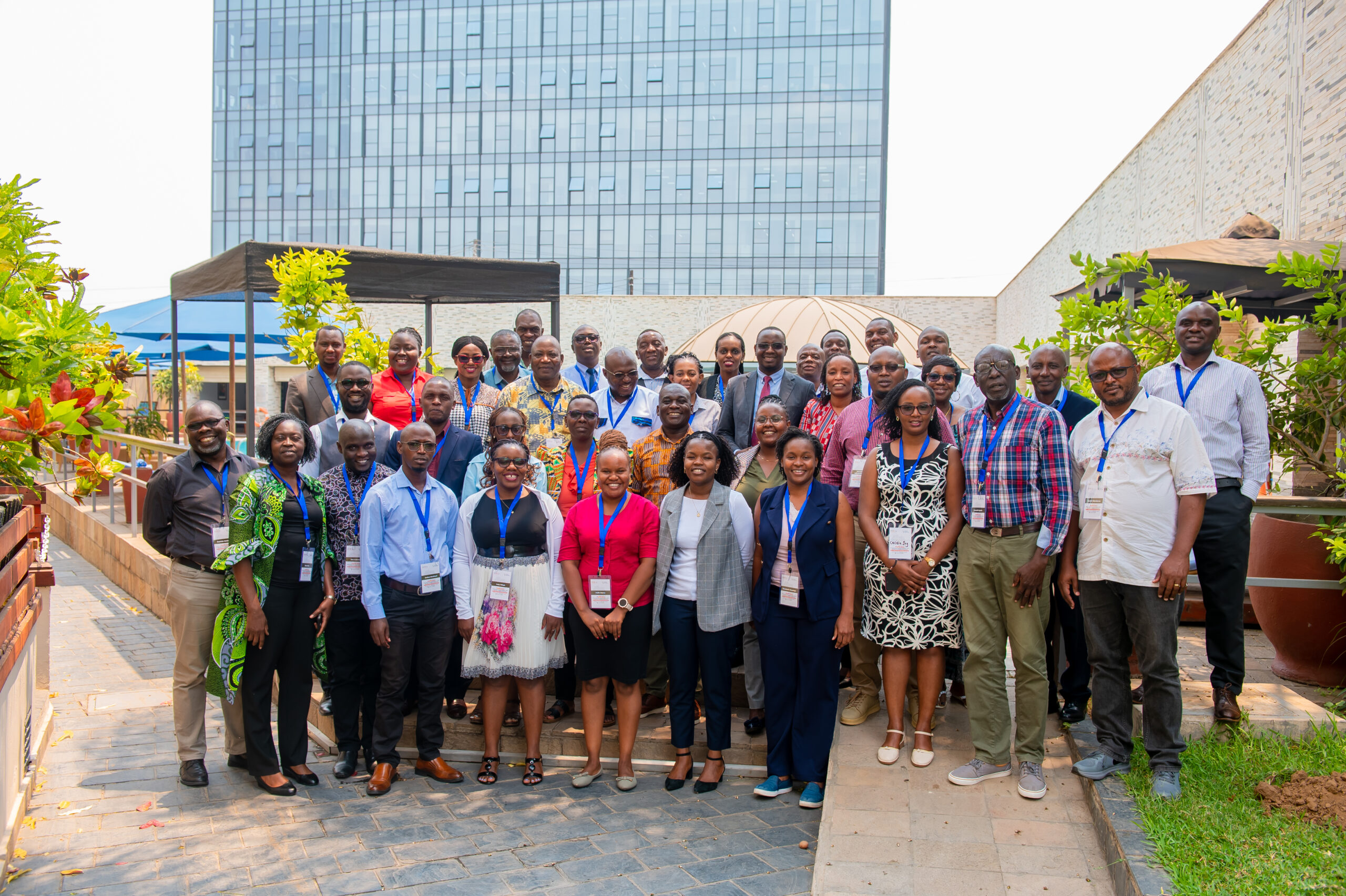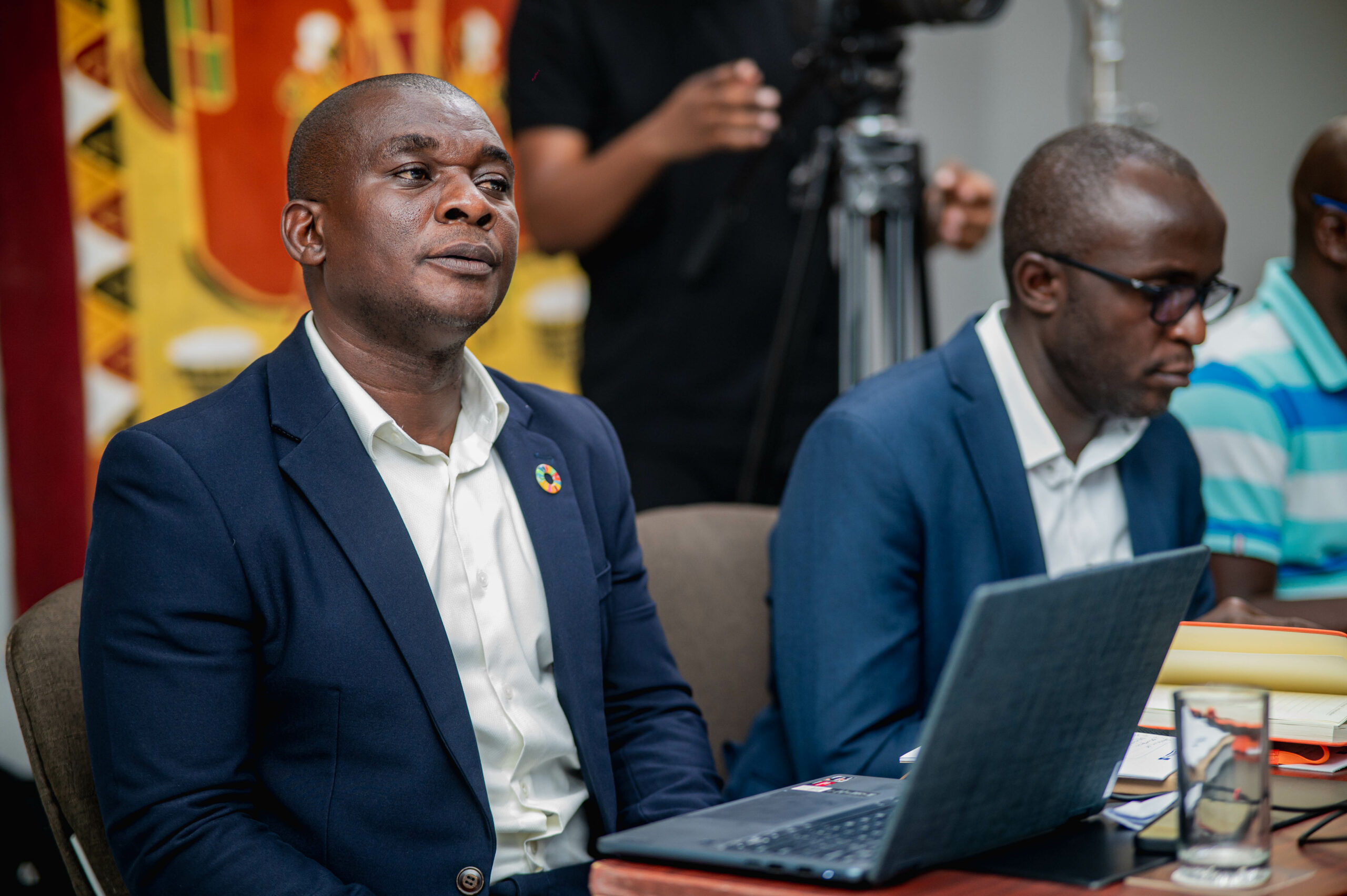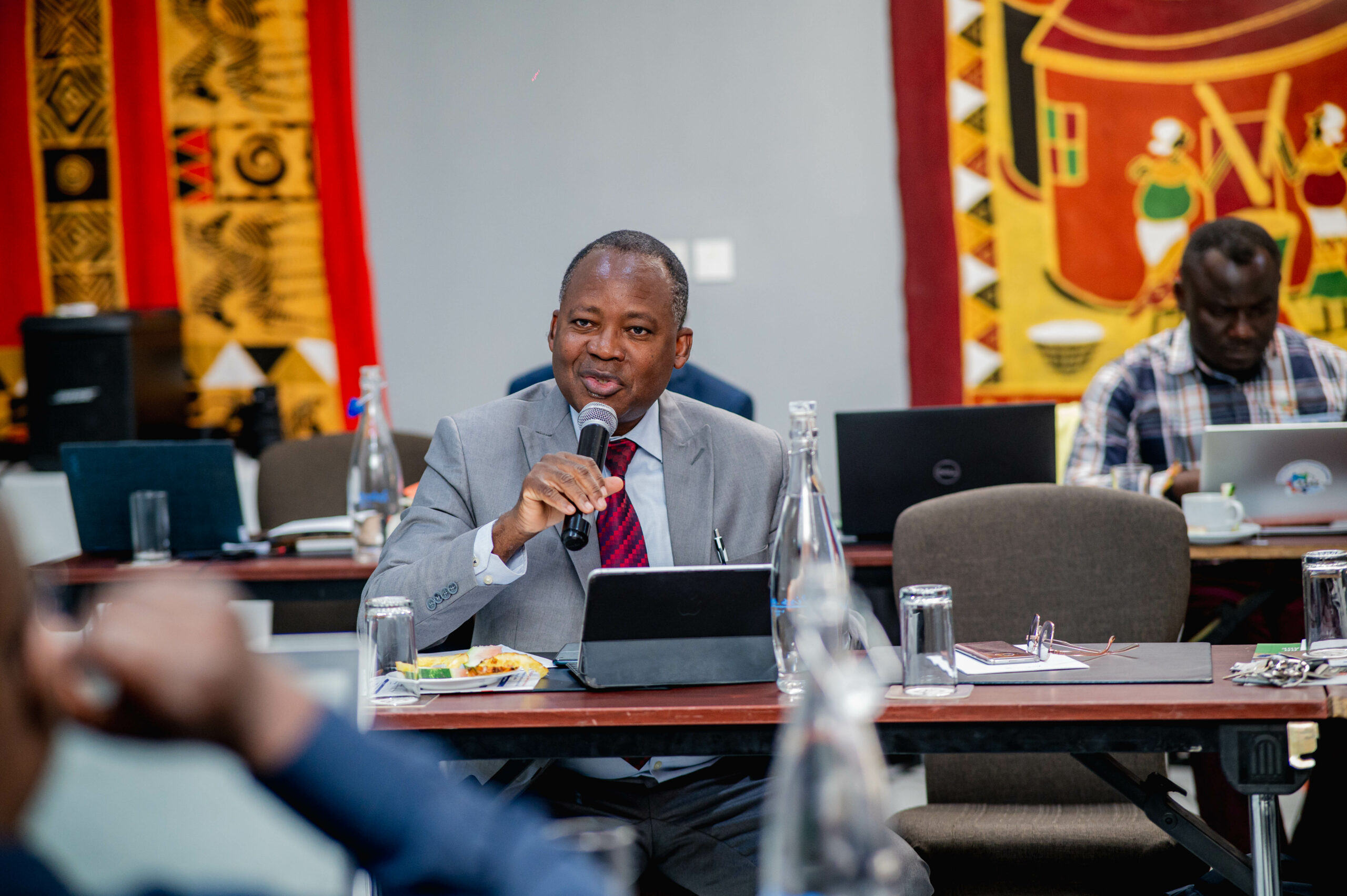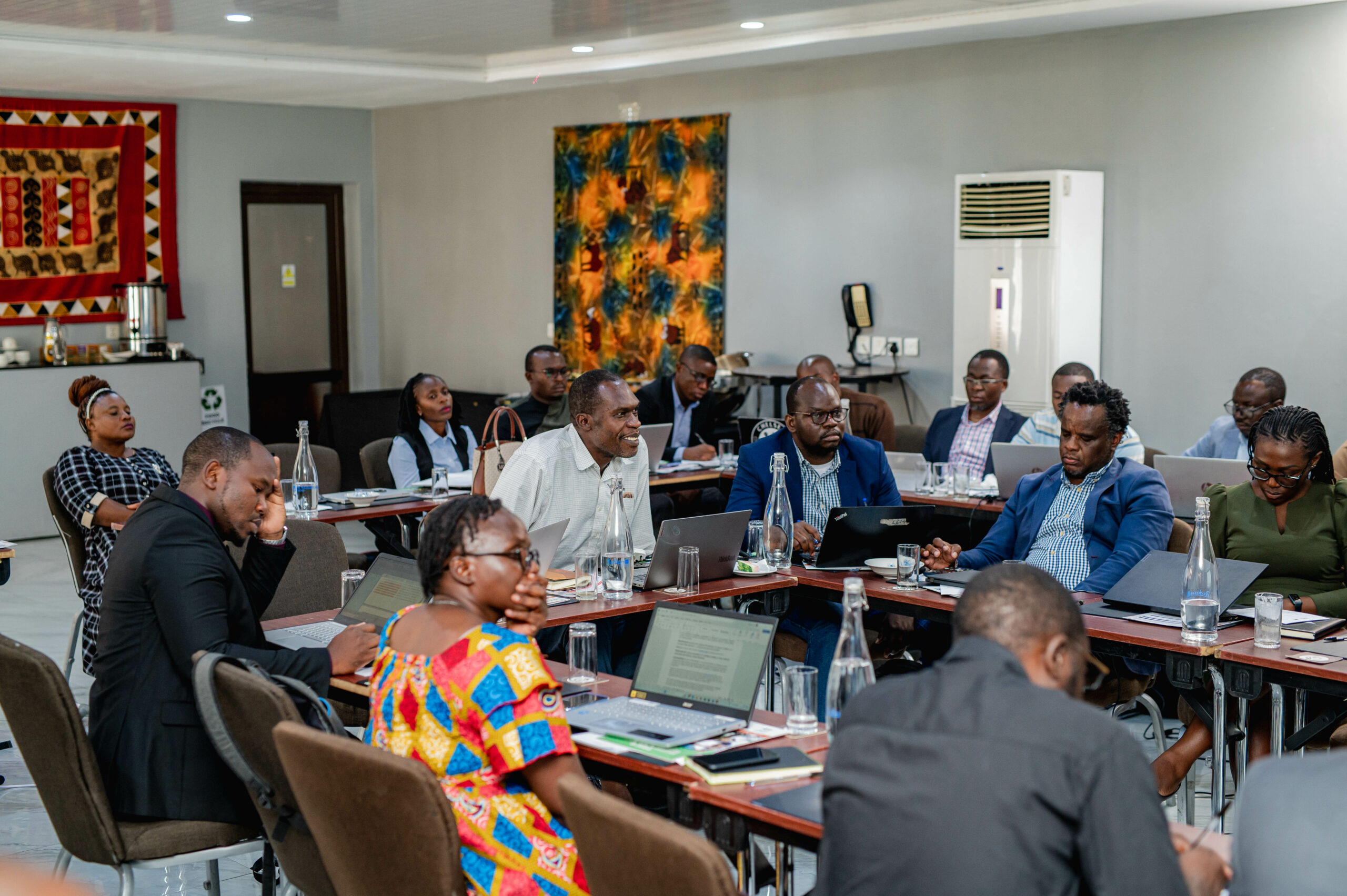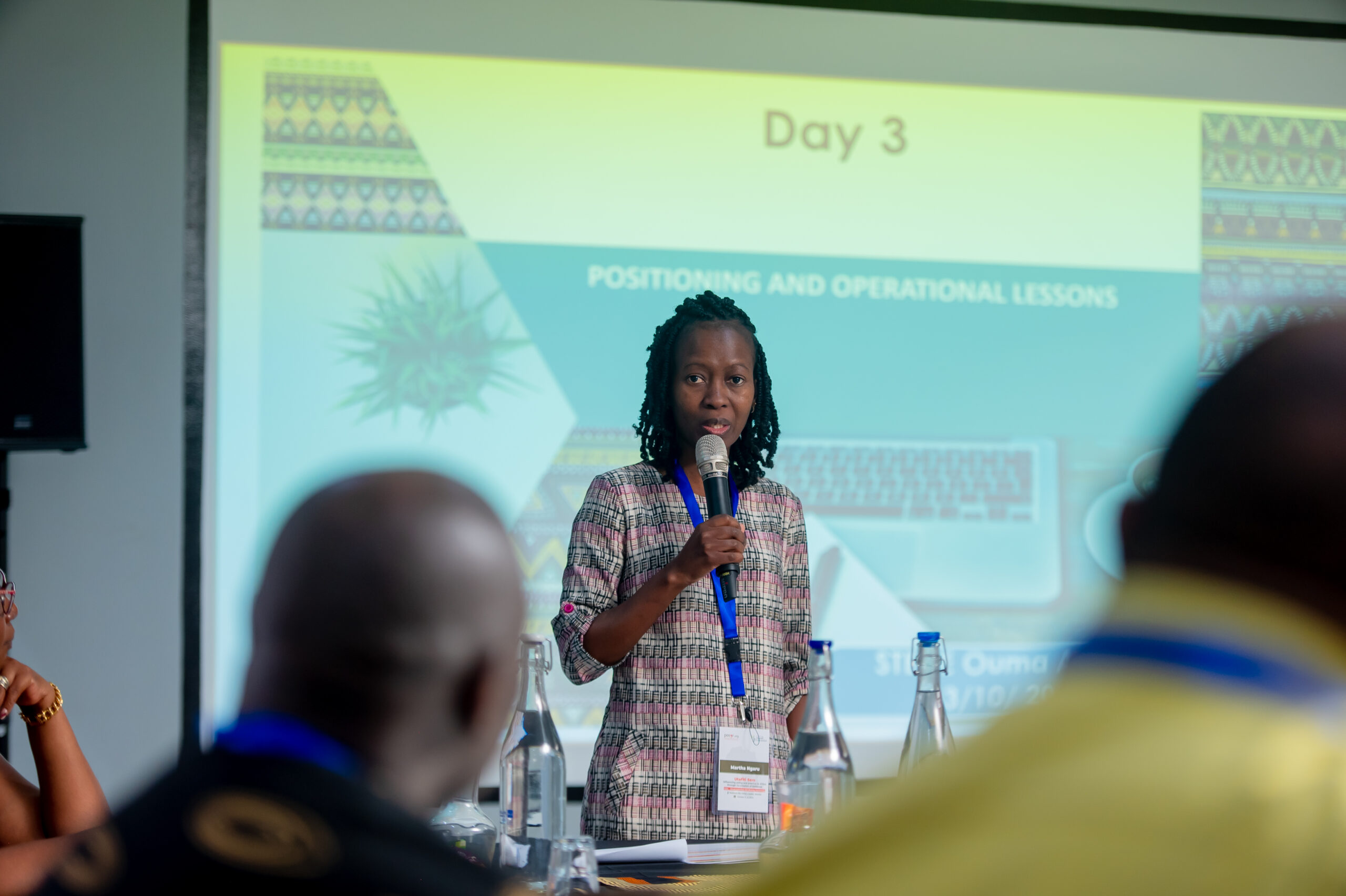Universal Health Coverage (UHC) has become a central focus in the global health agenda, prioritizing the reduction of health inequalities and improving access to health services. UHC is a multi-dimensional concept encompassing population coverage, service coverage, and financial protection. It also integrates equity and quality into its definition. The aim is to ensure that everyone receives the necessary health services, including initiatives to promote better health, prevent illness, and provide treatment, rehabilitation, and palliative care of sufficient quality. Importantly, these services should not impose financial burdens on users. The goal of UHC is to ensure that all individuals can access promotive, preventive, curative, rehabilitative, and palliative health services of adequate quality, without facing financial hardship.
Zambian government is dedicated to achieving universal health coverage (UHC) through a primary health care approach. This commitment is evident in the various reforms implemented to increase access to and utilisation of health services for all citizens. Notable examples include the decentralization of health service planning and delivery, as well as the introduction and subsequent abolition of user fees in rural, peri-urban, and all primary healthcare facilities nationwide.
To compliment the government efforts, the House is enhancing evidence uptake on universal health coverage in Zambia through the Utafiti Sera approach, that facilitates a continuous and equitable participation of diverse actors.
Since it’s inception early this year, the house has conducted a mapping and synthesis exercise on existing studies and rapid studies on UHC in Zambia to fill knowledge gaps and inform research evidence uptake. The house has also conducted a scooping review to assess Zambia’s policy reform progress towards UHC within the framework of the WHO building blocks. This review focuses on identifying potential challenges and opportunities for advancing UHC. From the review and synthesis of key elements of the 2022–2026 National Health Strategic Plan goals, it was evident that leadership and governance remains the critical for the successful implementation of UHC in Zambia. Leadership and governance are pivotal in ensuring the efficient and effective management of the health sector. In the context of UHC, leadership is synonymous with stewardship, while governance encompasses the systems and structures that facilitate sector coordination, participation, transparency, and accountability. Leadership and governance is the main policy priority for the House.

